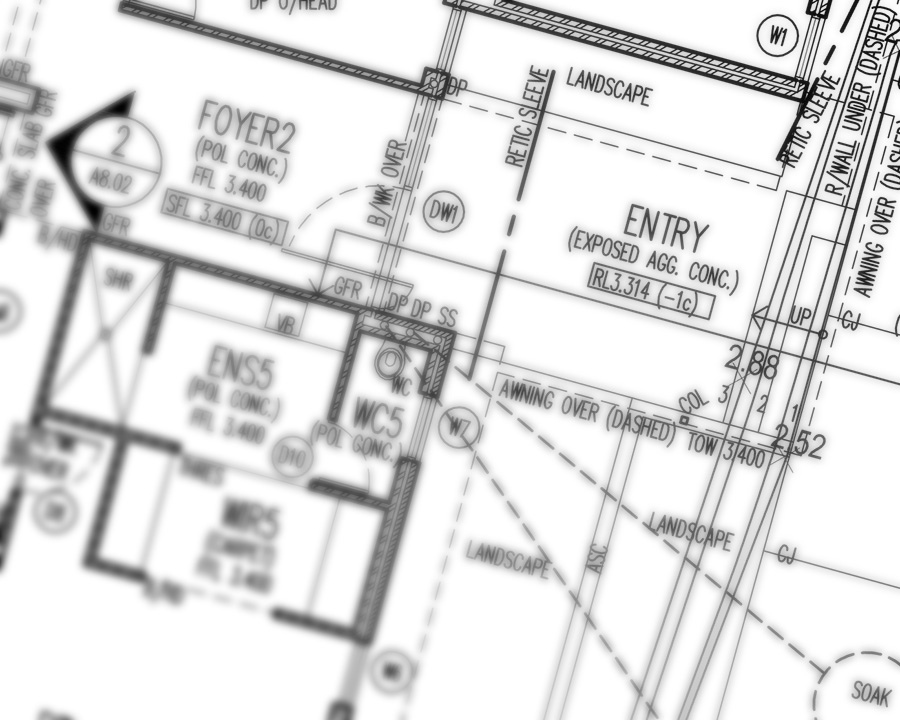Architectural Design Copyright
- May 25, 2025
- House Designs, News
- Comments Off on Architectural Design Copyright
- Threadgold Architecture
A magistrate’s court decision this week upheld a judgement against a couple who decided to ignore architectural copyright notice. The high profile couple foolishly chose to walk an architectural design copyright down-the-road to a project home builder. The well known cottage builder immediately stopped the design process with the defendants after being served a cease and desist notice.
plagiarizing intellectual property
The couple’s defense lawyer decided not to examine discovery documents and was embarrassed once the magistrate scrutinized their conduct. The attempt to brazenly take intellectual property by the defendants and project home builder was evident during discovery. The magistrate upheld precedents set by higher courts regarding architectural design copyright. He reinforced the provisions contained within the Architects Act 2004 and Copyright Act 1968 (Commonwealth). The court order reinforced the defendant’s obligation to pay for the plagiarizing and associated legal costs. These Acts prevent people from reproducing an architectural design in any material form, without first obtaining the Architect’s consent.
The practice of taking an architectural design is unfortunately widespread in the building industry but court precedents outlaw the behaviour. Precedents have shifted significantly in the favor of the original author in recent decades. The legal concepts pertaining to copyright are more complex but shopping around an architectural design can cost clients dearly. The costly mistake is often made by clients trying to drive a building budget down. Some project home builders flagrantly infringe architectural design copyright of an original author. Paradoxically they use the legal process as another lucrative revenue stream against parties who may unwittingly infringe their own copyright.
copyright on Architect’s drawings
The provisions in the Architects Act 2004 do not obligate the original author to use the copyright symbol on drawings. An architect’s copyright exists and is implied with the express notice on the architectural drawings. The Architects Act 2004 only permits clients to use an architectural design once for their site. The premise that you can change an architectural design at least 20% and not infringe design copyright is an outdated misconception based on superseded court precedents and will not protect property owners who intend to run the copyright gauntlet. The complex test of copyright infringement depends on how different the end result is from the original building design and whether a substantial part of the design be recognized as the original author’s work.
Reference Information: https://www.copyright.org.au/ACC_Prod/ACC/Information_Sheets/House_Plans___Copyright.aspx
- Architect
- Architect Busselton
- Architect Dunsborough
- Architect Yallingup
- Architects Act 2004
- Architectural Design Copyright
- Copyright Act 1968
- Copyright Law
- Threadgold Architecture

